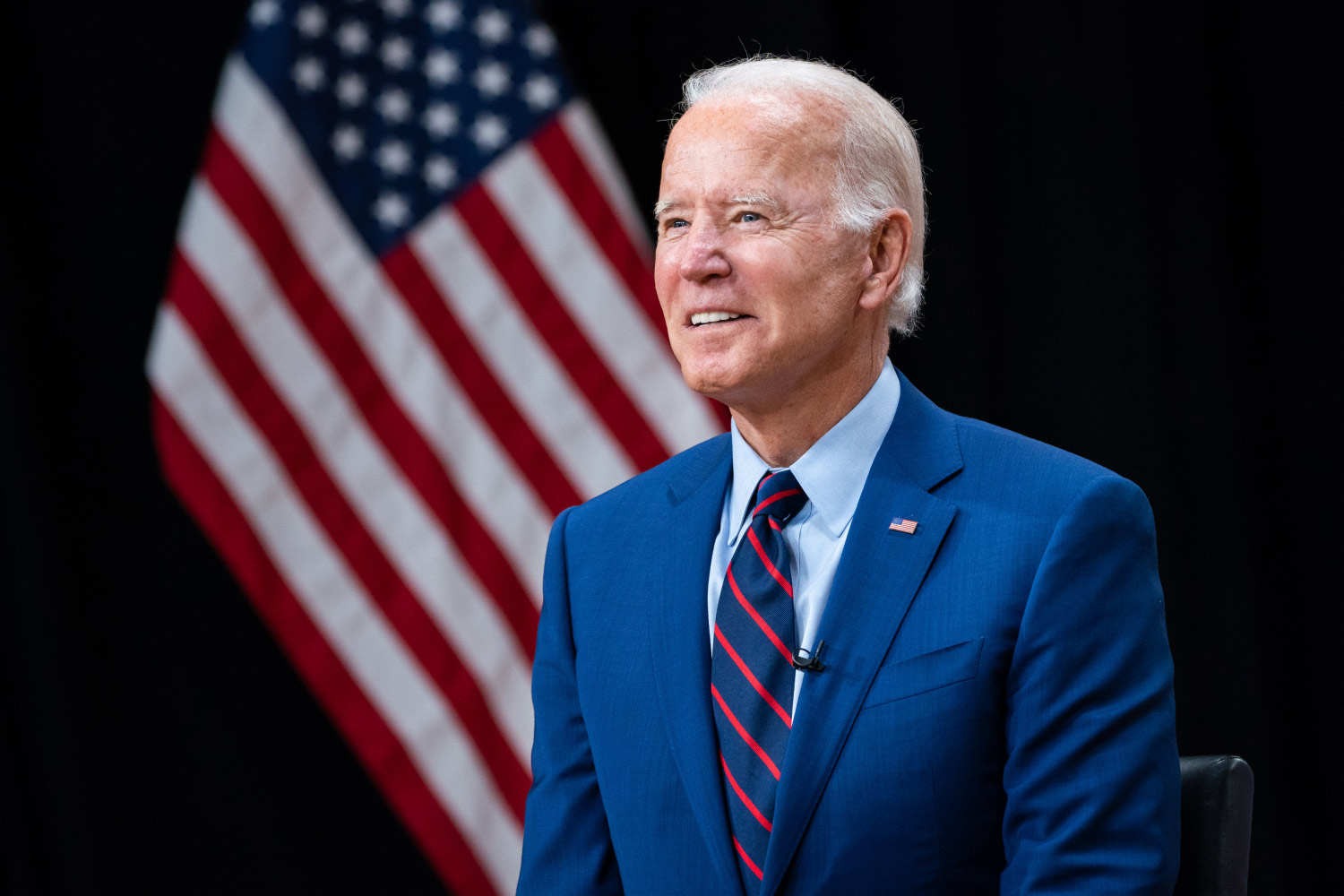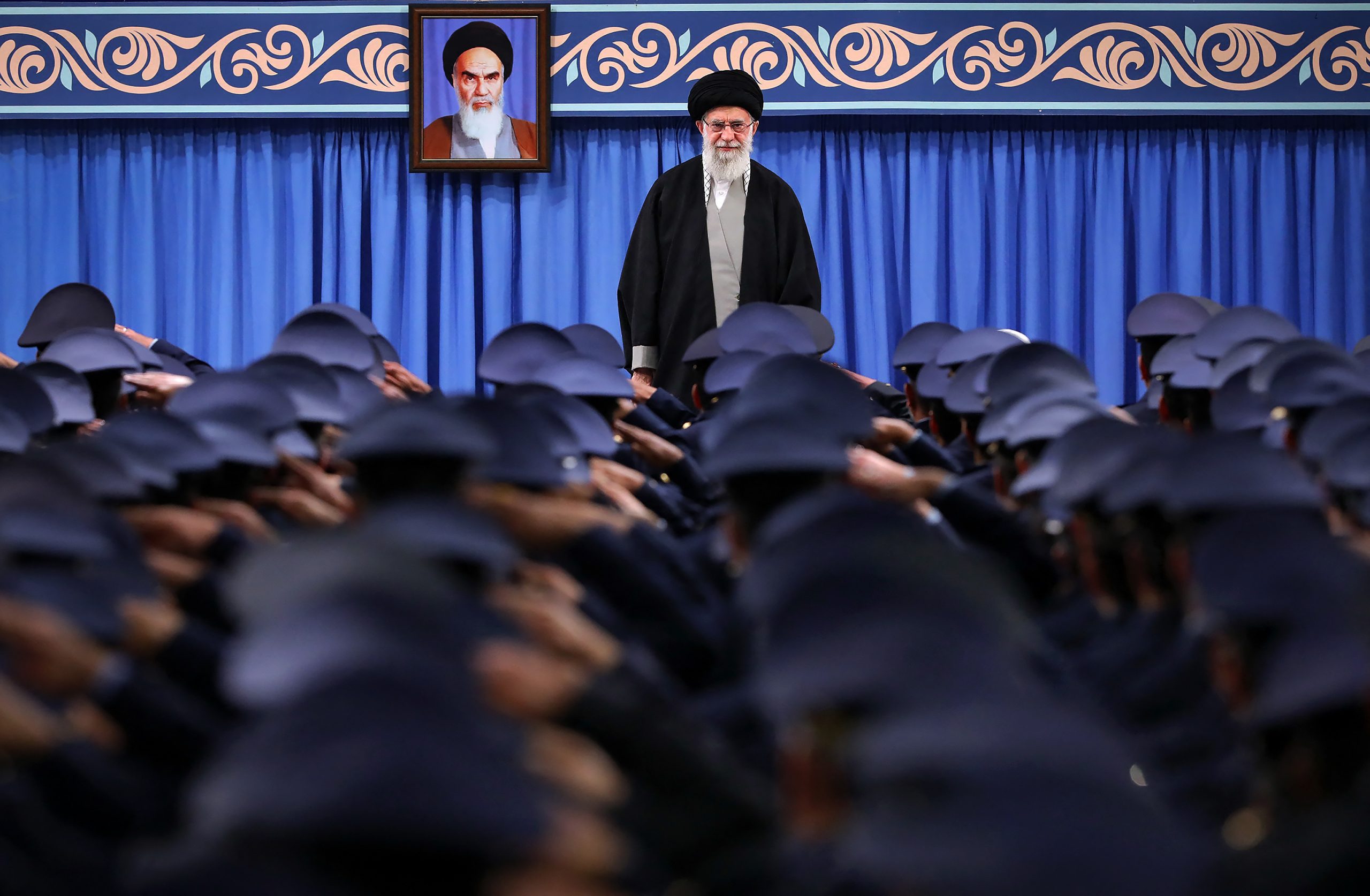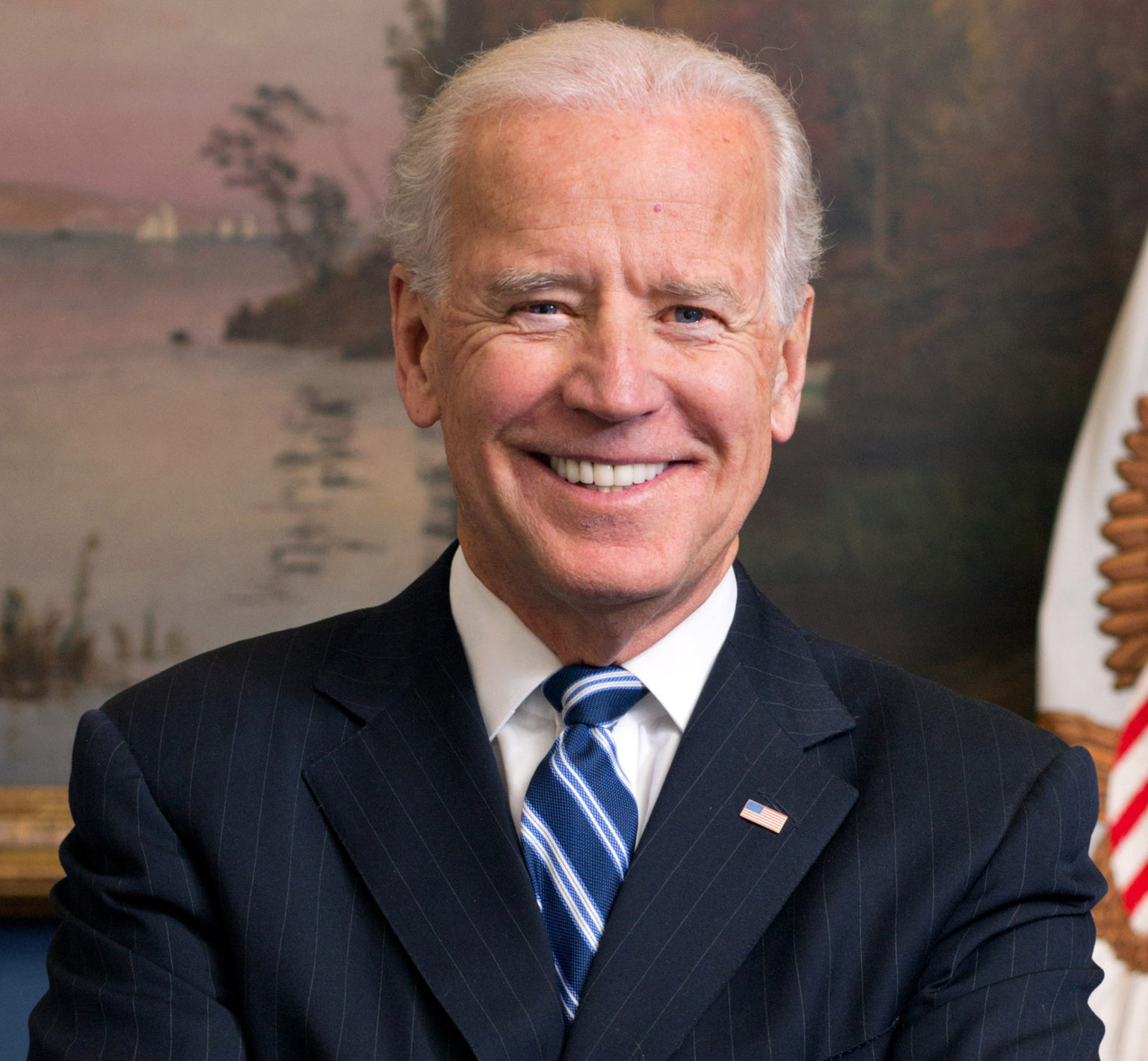The Power of the Presidency: Understanding the Leader of the United States
The President of the United States is one of the most iconic and influential figures in the world. As the head of state and government, the President has the power to shape the country's future, both domestically and internationally. But who is the President, and what makes them tick? In this article, we'll delve into the world of the President, exploring their role, responsibilities, and the qualities that make them successful.
The President is elected by the people, through a complex and often contentious process. The President serves a four-year term, with a limit of two terms in office. The presidential election is a critical moment in American politics, with millions of voters casting their ballots to choose their leader. The President is responsible for setting the overall direction of the country, making key decisions on policy and legislation, and representing the United States on the world stage.
One of the most significant responsibilities of the President is to enforce the laws of the land. This includes issuing executive orders, which are official documents that outline specific policies or actions to be taken by the government. The President also has the power to veto legislation passed by Congress, although Congress can override this veto with a two-thirds majority vote in both the House and Senate.
The President is also the commander-in-chief of the armed forces, responsible for making key decisions on national security and defense. This includes authorizing military interventions, approving defense budgets, and overseeing the execution of military operations. The President's role in national security is a critical one, as they must balance the need to protect the country with the need to avoid unnecessary conflict.
In addition to their many official responsibilities, the President is also expected to be a unifying figure, bringing the country together in times of crisis or celebration. This includes hosting international leaders, signing important legislation, and making key announcements on national policy. The President's communication skills are essential, as they must be able to articulate complex ideas and policies to a broad audience.
The Qualities of a Successful President
So what makes a President successful? While there is no one-size-fits-all formula, there are certain qualities that are often associated with effective leadership. These include:
- Vision: A successful President must have a clear vision for the country, outlining the goals and priorities for the next four years.
- Communication skills: The ability to articulate complex ideas and policies to a broad audience is essential for a President.
- Strategic thinking: A President must be able to think critically and strategically, making tough decisions on national security and policy.
- Emotional intelligence: A President must be able to understand and manage their own emotions, as well as those of their staff and the public.
- Integrity: A President must be able to build trust with the American people, demonstrating honesty and transparency in all their actions.
Types of Presidents
Throughout American history, there have been many different types of Presidents, each with their own unique style and approach to the office. Some have been known for their strong leadership and vision, while others have been criticized for their authoritarian tendencies.
- The Great Leaders: Presidents like George Washington, Abraham Lincoln, and Franklin D. Roosevelt are often remembered for their strong leadership and commitment to the American people.
- The Populists: Presidents like Theodore Roosevelt and John F. Kennedy were known for their charisma and ability to connect with the American people.
- The Outsiders: Presidents like Richard Nixon and Donald Trump have been criticized for their divisive rhetoric and tendency to isolate the country from the world.
The Challenges Facing the President
The President faces many challenges in the course of their term, from economic downturns to international crises. Some of the most significant challenges facing the President today include:
- Climate Change: The President must take action to address the growing threat of climate change, including reducing greenhouse gas emissions and promoting clean energy.
- Racial Tensions: The President must work to address the ongoing issues of racial tension and inequality in the United States.
- Immigration: The President must balance the need to enforce immigration laws with the need to provide a safe and welcoming environment for immigrants and refugees.
The President's Budget
The President's budget is a critical document that outlines the government's spending priorities for the next fiscal year. The budget includes funding for key programs and services, such as healthcare and education, as well as funding for defense and national security.
- Discretionary Spending: The President has significant discretion in the budget, allowing them to prioritize spending on specific programs and initiatives.
- Entitlement Programs: The President must also make decisions about entitlement programs, such as Social Security and Medicare, which are guaranteed by the Constitution.
- Taxation: The President's budget also includes funding for taxation, including income tax, payroll tax, and corporate tax.
The President's Staff
The President's staff is a critical component of the executive branch, providing support and advice on a wide range of issues. Some of the key members of the President's staff include:
- The Chief of Staff: The Chief of Staff is the President's top advisor, responsible for overseeing the day-to-day operations of the White House.
- The Press Secretary: The Press Secretary is responsible for communicating with the press and the public, as well as handling crisis communications.
- The National Security Adviser: The National Security Adviser is the President's top advisor on national security issues, responsible for overseeing the President's foreign policy decisions.
The President's Legacy
The President's legacy is a critical factor in their long-term success. A successful President leaves a lasting impact on the country, whether it's through their policies, their leadership, or their character.
- Historical Significance: A President's legacy is often measured by their place in history, with many considering them to be one of the greatest leaders of all time.
- Personal Character: A President's legacy is
Sabrina Carpenter Weight And Height
Rebbie Jackson
How Muchoesabrina Carpenter Weigh
Article Recommendations
- Zoechip
- Chaun Woo Parents
- Keri Russell Related To Kurt Russell
- Jackoherty
- Shanin Blaked
- Prichard Colon
- Michael Boulos Net Worth
- Es
- Emilypagno Husband
- Ross Malinger



